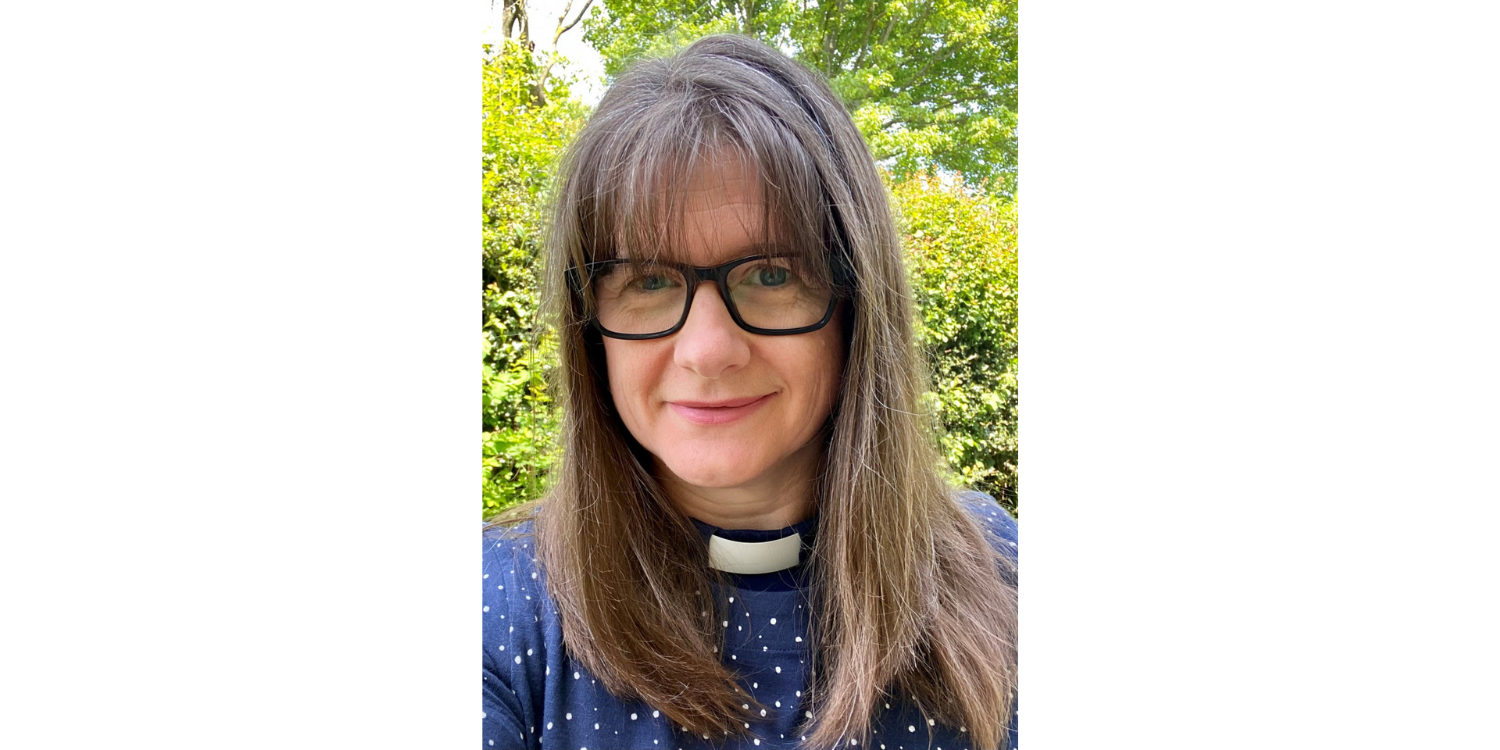 One of the most moving services I have ever attended took place on Ash Wednesday 2009, in Westminster Abbey. I was an ordinand, in training for ministry, and was on placement at the Abbey. As the choir sang the achingly beautiful setting of Psalm 51 “Miserere mei, Deus” (Have mercy on me, God) by Allegri, complete with perfectly piercing top C from the chorister given the solo that year, we all went forward.
One of the most moving services I have ever attended took place on Ash Wednesday 2009, in Westminster Abbey. I was an ordinand, in training for ministry, and was on placement at the Abbey. As the choir sang the achingly beautiful setting of Psalm 51 “Miserere mei, Deus” (Have mercy on me, God) by Allegri, complete with perfectly piercing top C from the chorister given the solo that year, we all went forward.
The Dean said the solemn words, “Remember you are dust, and to dust you will return,” as he marked my forehead with the sign of the cross, using ashes from the previous year’s palm crosses.
It was a new experience to me, as the imposition of ashes hadn’t been part of the tradition I’d known up to then. I confess I was overwhelmed - by the depth of my human sinfulness, the depth of God’s mercy, and the depth of the love of Christ in going to the cross for the sin of the world, including mine.
Far from being frightening, or leading me to despair, those words, “Remember you are dust, and to dust, you will return,” seemed in that moment to be strangely comforting. They reminded me of words from Psalm 39, where the Psalmist says to God, “Show me, Lord, my life’s end and the number of my days; let me know how fleeting my life is.” We, humans, are frail and fragile creatures of the creator – a truth we don’t always recognise or accept. To dwell on that truth during Lent, holding it together with the equal and opposite truth that we are, as the title of a book says, “Beloved Dust” seems to me a good spiritual discipline for these 40 days.
For by the grace of God in Christ, we are both fragile and strong, mortal and immortal. We are dust, and to dust, we will return, yes. But that’s not the end of the story, for from dust we shall rise, clothed with life and immortality, to live with God eternally.
As we move through Lent together, I invite you to take time to meditate on these paradoxical truths: that we are creatures, limited, finite, and weak, and that we are held in the hands of an unlimited, infinite, and strong God; that our time in this life is brief, and that our time with God in the world to come is eternal; that we are as humans deeply flawed, and we are deeply loved – and that in the cross with which we are marked in baptism, and may be marked on Ash Wednesday, all of that comes together.
